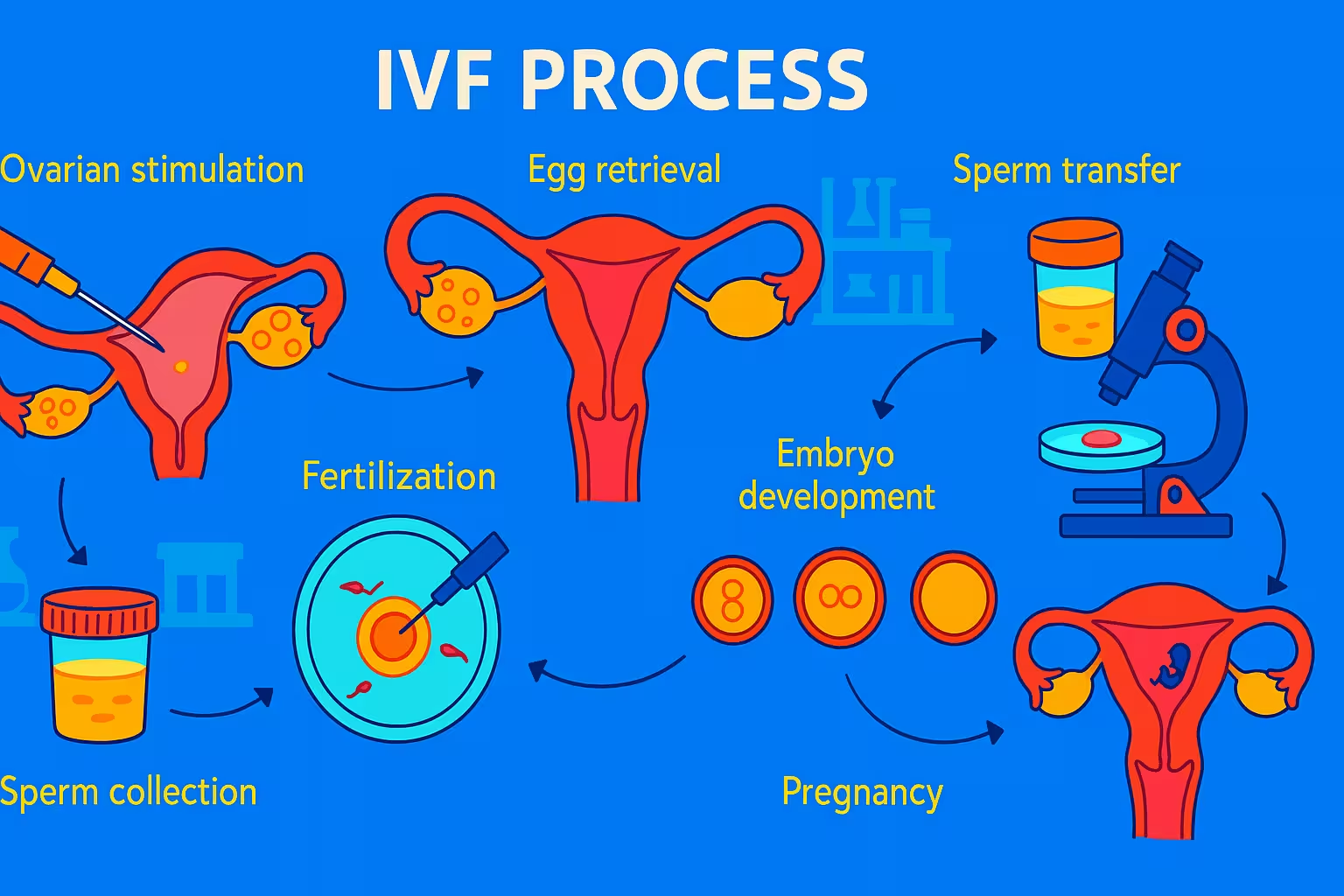Becoming a mother is a life-changing experience filled with joy, wonder, and a fair share of challenges. While much of the focus during pregnancy is on prenatal care, postpartum care—the care a woman receives after childbirth—is equally crucial. The postpartum period, also known as the fourth trimester, typically spans six weeks but can extend beyond that depending on individual circumstances. This article offers essential postpartum care tips every new mom should know, ensuring a healthier recovery and smoother transition into motherhood.
Table of Contents
Understanding Postpartum Recovery
What Is Postpartum Care?
Postpartum care encompasses the physical, emotional, and psychological support a woman needs following childbirth. It involves monitoring recovery from delivery, managing physical changes, supporting breastfeeding, and addressing mental health.
Duration of Postpartum Period
The World Health Organization (WHO) defines the postpartum period as the first six weeks after birth. However, many health professionals now recognize that full recovery can take months, especially when considering mental health and hormonal balance (WHO, 2014).
Read Also: What Your Pregnancy Reports Say: Scans, Blood Tests, and Sonography in Simple Terms
Physical Recovery Tips
1. Prioritize Rest
Sleep deprivation is common in the postpartum period. Whenever possible, new moms should nap when the baby sleeps. Adequate rest helps the body heal and supports emotional well-being.
2. Eat Nutritious Foods
A balanced diet rich in protein, fiber, vitamins, and minerals is vital for postpartum recovery. Foods high in iron and calcium help restore nutrient levels depleted during pregnancy and childbirth.
3. Stay Hydrated
Drinking enough water is essential, especially for breastfeeding mothers. Hydration aids in milk production and helps flush out toxins.
4. Manage Postpartum Bleeding
Lochia, the vaginal discharge after delivery, can last several weeks. Use maternity pads (not tampons) and monitor for unusual symptoms like heavy bleeding or foul odor, which could signal infection.
5. Care for Perineal and C-Section Wounds
Proper hygiene and rest are crucial. For vaginal births, warm sitz baths and cold packs may relieve discomfort. For C-section recovery, keep the incision clean and dry, and follow the doctor’s wound care instructions.
6. Resume Physical Activity Gradually
Gentle movements such as walking or light stretching can aid circulation and mood. Consult your healthcare provider before beginning any postpartum exercise regimen.
Emotional and Mental Health
1. Be Aware of the Baby Blues
Mood swings, irritability, and sadness are common within the first two weeks postpartum. These symptoms usually resolve on their own.
2. Watch for Postpartum Depression (PPD)
PPD affects approximately 1 in 7 women (ACOG, 2018). Symptoms include persistent sadness, lack of interest in the baby, sleep disturbances, and feelings of hopelessness. Early diagnosis and treatment are key.
3. Seek Support
Talking to a partner, friend, or therapist can be incredibly helpful. Support groups, either in-person or online, also provide reassurance and shared experiences.
Breastfeeding and Infant Care
1. Establish a Breastfeeding Routine
Breastfeeding offers numerous health benefits for both mother and baby. Latching may be difficult at first, so seek help from a lactation consultant if needed.
2. Watch for Mastitis and Engorgement
Painful, swollen breasts can indicate clogged ducts or infection. Regular feeding or pumping and gentle massage can help.
3. Monitor Baby’s Health
Track the baby’s weight gain, feeding frequency, and diaper changes. Any significant changes should be discussed with a pediatrician.
Reproductive Health and Follow-Up
1. Attend Postpartum Checkups
Your first postpartum visit should occur within 6 weeks of delivery. Some providers recommend an earlier check-in within 3 weeks. These visits assess physical recovery, emotional health, and contraception needs.
2. Consider Birth Control Options
Discuss contraception during your follow-up. Some methods can be started soon after delivery and are compatible with breastfeeding.
3. Resume Sexual Activity When Ready
There is no one-size-fits-all timeline. Most healthcare providers recommend waiting at least six weeks or until bleeding stops. Open communication with your partner is key.
Partner and Family Support
1. Involve Your Partner
Partners can provide invaluable physical and emotional support. Encourage shared responsibilities like feeding, diaper changes, and nighttime routines.
2. Don’t Hesitate to Ask for Help
Accepting help from family or friends can ease the burden and allow you to rest and recover.
Red Flags: When to Call a Doctor
Seek immediate medical attention if you experience:
- Heavy vaginal bleeding (soaking through a pad in an hour)
- High fever
- Severe headache or blurred vision
- Painful urination
- Red, swollen leg (possible blood clot)
- Signs of severe depression or suicidal thoughts
Final Thoughts
Postpartum care is a vital aspect of a woman’s overall maternal health. With the right support, information, and self-care strategies, new moms can navigate this period with confidence. Remember, every recovery journey is unique. Listen to your body and seek professional help when needed.
References
- World Health Organization. (2014). WHO recommendations on postnatal care of the mother and newborn. https://www.who.int/publications/i/item/9789241506649
- American College of Obstetricians and Gynecologists (ACOG). (2018). Postpartum depression. https://www.acog.org/womens-health/faqs/postpartum-depression
- Centers for Disease Control and Prevention (CDC). (2022). Postpartum care. https://www.cdc.gov/ncbddd/pregnancy_gateway/postpartum-care.html
- Office on Women’s Health, U.S. Department of Health and Human Services. (2021). Postpartum care. https://www.womenshealth.gov/pregnancy/childbirth-and-beyond/postpartum-care
- March of Dimes. (2020). Postpartum care. https://www.marchofdimes.org/find-support/topics/postpartum/postpartum-care
Disclaimer: This article is for informational purposes only and does not substitute professional medical advice. Always consult a healthcare provider for personal care.
Read Also: Shravan 2025: Key Dates, Significance, and Fasting Rituals Explained






